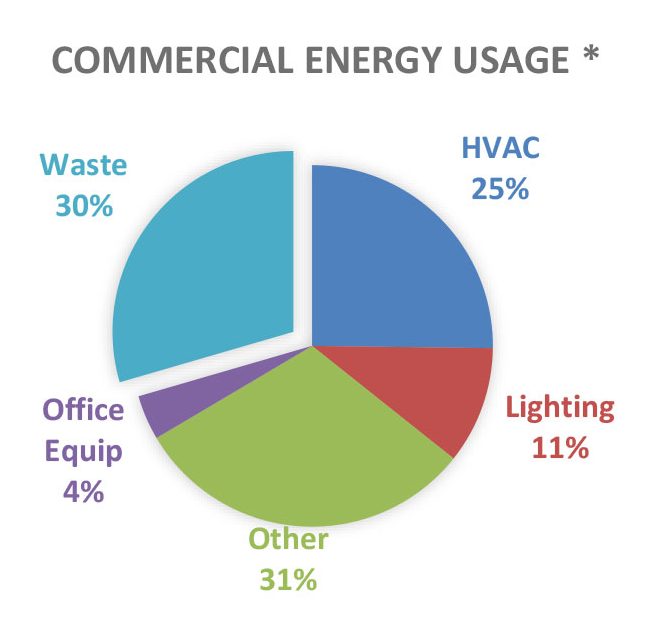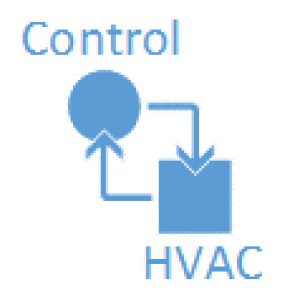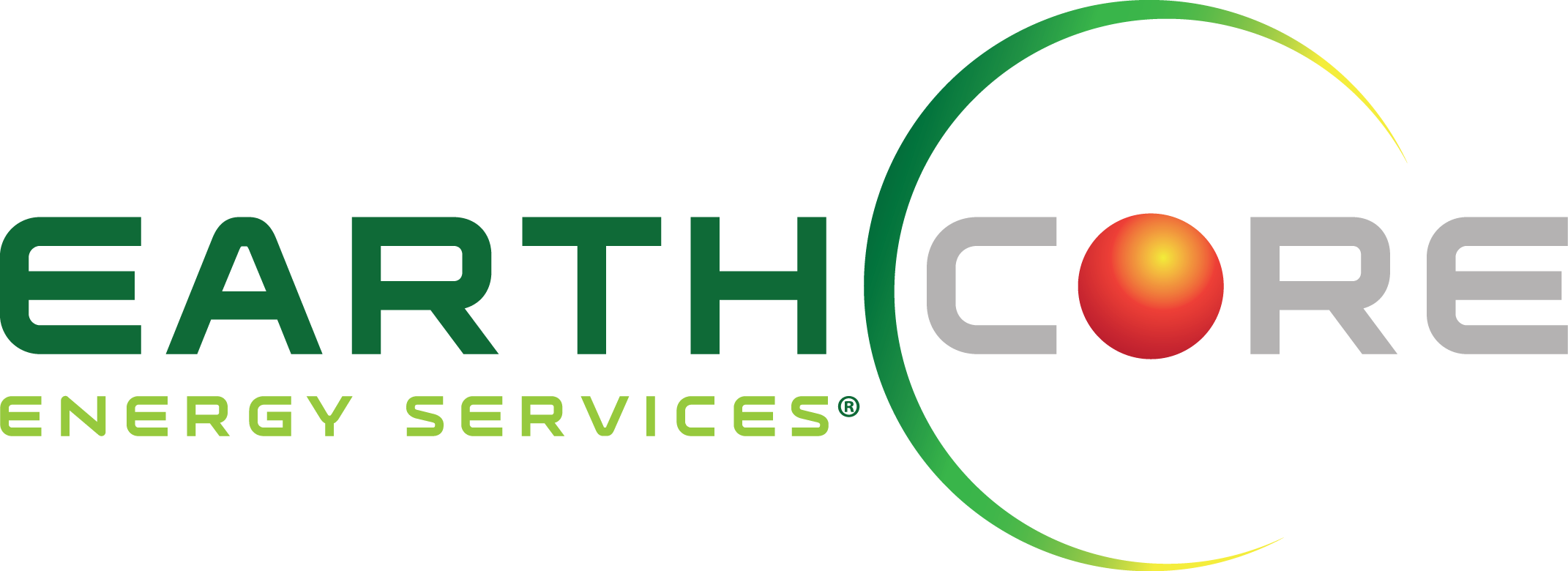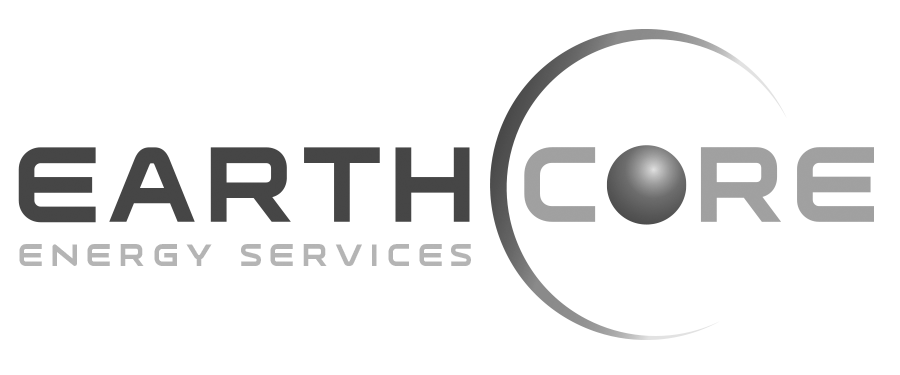Smart Energy and Demand Reduction
Why Smart Energy?
Energystar.gov studies show that in the U.S., 30% of energy used in buildings is wasted.
The effects are:
- Increased greenhouse gas
- Increased operational cost
Implementing energy-efficiency initiatives can provide benefits which include:
- Increase the health and performance for your team
- Reduce operational costs and increase profitability

Health Implications
The Department of Energy indicates that many companies have poor Indoor Air Quality (IAQ) effecting the health of their workers. Proper ventilation can help reduce the concentration of airborne and surface contaminants, including viruses.
- Improperly installed ventilation increases health risks for workers
Cost Implications
For many businesses today, operational costs can be as important as sales in determining the profitability for stake holders.
The most tangible effect of implementing Energy Conservation Measures (ECM) goes directly to the bottom line; reducing operational cost, increasing profit margins and freeing up cash for other uses.
- Reduce energy costs by 30% to 40%
- Reduce maintenance costs by 5% to 10%
Energy Savings Measures (ECM)
- Smart Thermostats for scheduling and optimal start-stop
- Speed Control for Fans and Compressors
- Demand Control Ventilation (condition only when spaces are occupied)
- Smart Energy Management System






